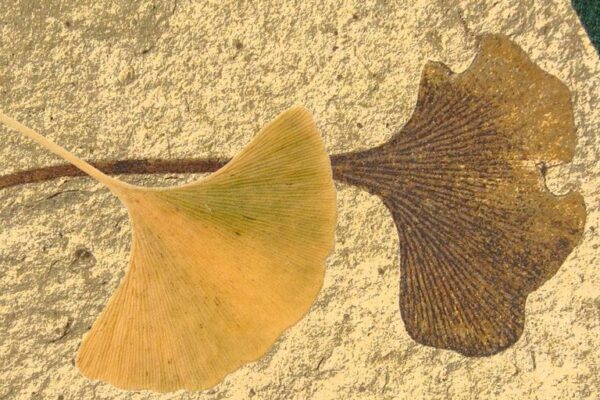I look for disturbance-based ecologies in which many species sometimes live together without either armony or conquest. Anna Lowenhaupt Tsing,
I thought that each of my words (that each of my movements) would persist in his implacable memory; I was benumbed by the fear of multiplying useless gestures. Funes the Memorious, J. Borges




